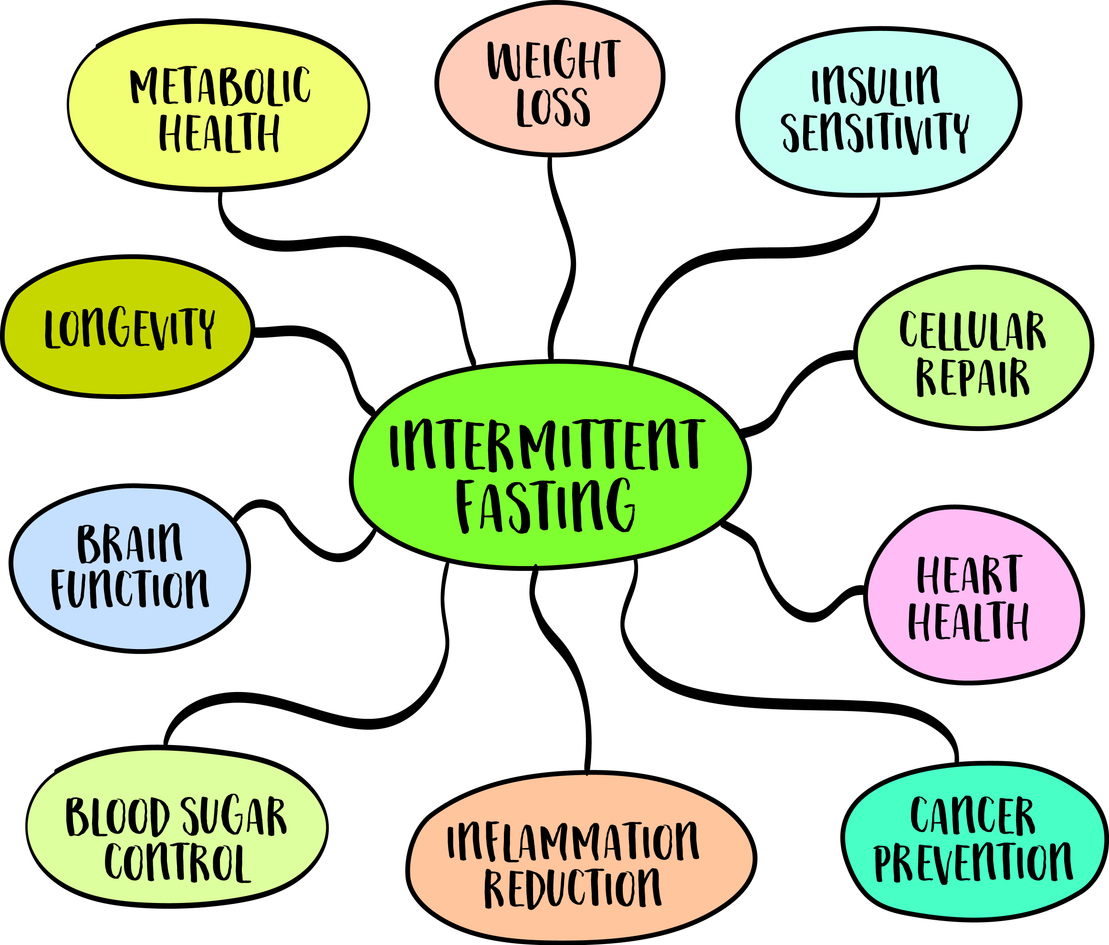Over the past few years, intermittent fasting has gained significant popularity, despite being an age-old practice. Many people are turning to this eating pattern for its potential health benefits, particularly for weight loss and improved metabolic function. Its simplicity and flexibility—focusing on when rather than what you eat—have made it a preferred choice for those seeking a sustainable approach to dieting.
Celebrities like Hugh Jackman and Kerry Washington have publicly embraced intermittent fasting to maintain their fitness and manage their weight. Hugh Jackman, known for his transformation into Wolverine, has credited intermittent fasting as a key element in his training regimen, while Kerry Washington has mentioned how the method fits into her busy lifestyle, helping her maintain a healthy balance. With high-profile endorsements and growing evidence supporting its benefits, intermittent fasting continues to gain traction as a mainstream wellness trend.
In addition to weight loss and better metabolic health, intermittent fasting has been linked to several other potential benefits. Research suggests it may enhance brain function by promoting the growth of new neurons and increasing the production of brain-derived neurotrophic factor (BDNF), which plays a key role in cognitive function. Moreover, some studies indicate that intermittent fasting may reduce the risk of chronic diseases such as heart disease, diabetes, and certain cancers by improving blood sugar levels, reducing inflammation, and promoting cellular repair.
So What is Intermittent Fasting Exactly…
As previously stated, intermittent fasting (IF) is an eating pattern that alternates between periods of eating and fasting. Unlike traditional diets that focus on what you eat, intermittent fasting focuses on when you eat. It doesn’t prescribe specific foods but instead limits the time window during which you can consume them.
How Intermittent Fasting Works
During fasting periods, the body undergoes several adjustments to make better use of stored energy. Insulin levels drop, which allows the body to tap into stored fat. Human Growth Hormone (HGH) levels rise, enhancing fat burning and muscle growth. Additionally, cells begin a process called autophagy, which is involved in cellular repair and the removal of damaged cells, paving the way for the generation of new, healthy cells. The success of an intermittent fasting diet depends on understanding both how and what to eat during the process. With this in mind, it is essential to establish an intermittent fasting schedule.
Common Intermittent Fasting Methods

Several intermittent fasting techniques exist, each with its own unique schedule:
- The 16/8 Method: This involves a 16-hour fasting period followed by an 8-hour eating window. A common schedule might include eating from 12 p.m. to 8 p.m. and fasting from 8 p.m. to 12 p.m. the next day.
- The 5:2 Diet: In this method, you eat normally for five days of the week and then reduce your calorie intake to around 500-600 calories on the other two days.
- Eat-Stop-Eat: This involves fasting for a full 24 hours once or twice a week.
- Alternate-Day Fasting: As the name implies, this method alternates between days of regular eating and days of fasting or significantly reduced calorie consumption.
More Than Just Weight Loss

While shedding weight is a primary reason many people try intermittent fasting, the practice offers a host of other health benefits. Improved insulin sensitivity can reduce the risk of type 2 diabetes. Moreover, decreased oxidative stress and inflammation could help in preventing chronic diseases. Benefits extend to brain health as well, with intermittent fasting potentially boosting cognitive function and lowering the risk of neurodegenerative conditions.
Other Important Considerations
Despite its advantages, intermittent fasting may not be suitable for everyone. Individuals with specific medical conditions, such as diabetes, eating disorders, and those who are pregnant or breastfeeding should avoid this regimen. Consulting a healthcare professional prior to starting any fasting routine is crucial.
Practical Tips for Beginners

Initiating intermittent fasting doesn’t have to be daunting:
- Gradual Start: Ease into fasting by extending fasting periods slowly. Begin with a 12-hour fast and gradually extend it as you adapt.
- Stay Hydrated: Keep hydrated by drinking plenty of water during fasting periods. Herbal teas and black coffee can also help curb hunger.
- Nutrient-Dense Meals: During eating windows, focus on consuming nutrient-rich foods to ensure you receive essential vitamins and minerals.
- Consistency: Maintain a consistent feeding and fasting schedule to help your body adjust more easily.
- Mind Your Body: Pay attention to hunger signals and energy levels. If you experience fatigue or dizziness, reconsider your fasting schedule.
The Science Behind It
Research increasingly supports the effectiveness of intermittent fasting. Studies published in respected scientific journals indicate that it can be as effective as calorie-restricted diets for weight loss, while also offering additional benefits. Continued research is exploring its potential for enhancing longevity and overall health.
Conclusion
Intermittent fasting offers a flexible, science-backed approach to weight management and overall health improvement. Although it may not suit everyone, for many it represents a sustainable alternative to conventional dieting. As with any significant dietary change, it’s essential to proceed with caution and ideally, with professional guidance. For those who find it suitable, intermittent fasting could indeed be the key to better health and fitting into that perfect outfit.
Featured image: PornchaiSoda/iStock
For the latest in fashion, lifestyle and culture, follow us on Instagram @StyleRave_
All rights reserved. This material, and other digital content on this website, may not be reproduced, published, broadcasted, cached, rewritten, or redistributed in whole or in part without prior express written permission from STYLE RAVE. Use of and/or registration on any portion of this site constitutes acceptance of our Terms & Conditions and Privacy Policy.
—Read also



























+ There are no comments
Add yours